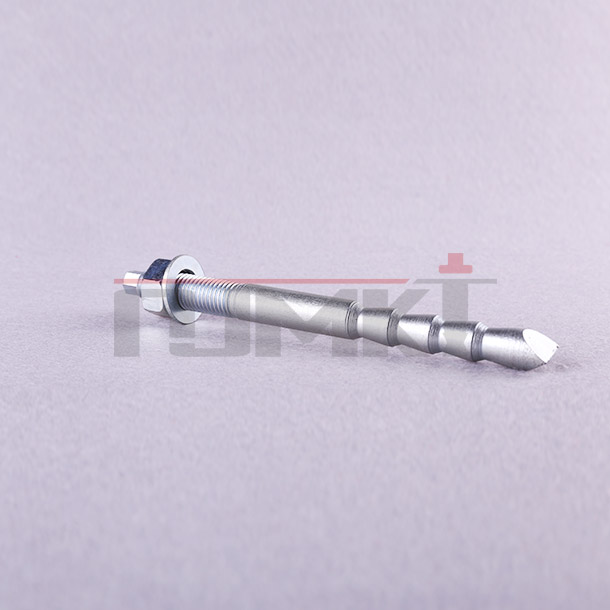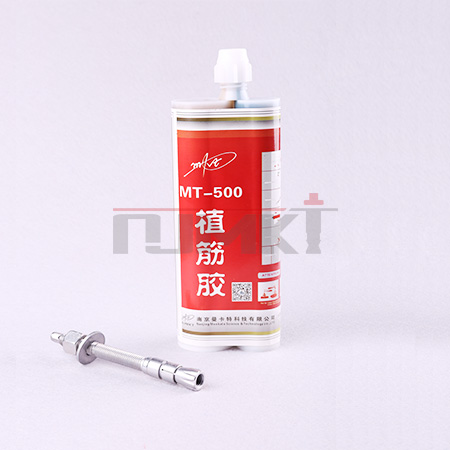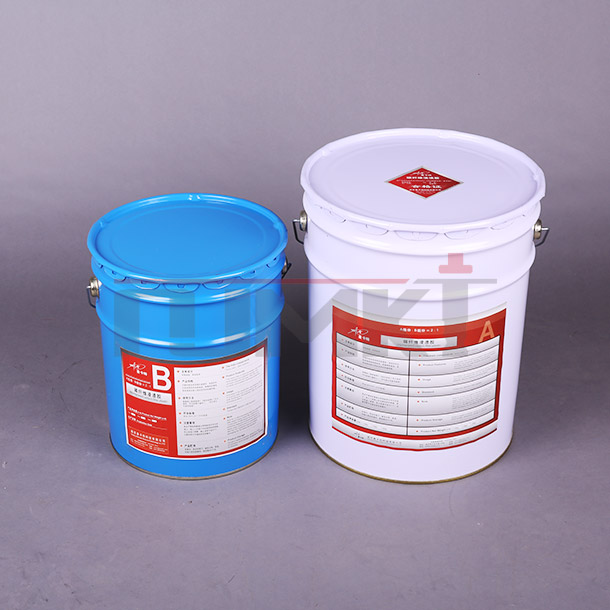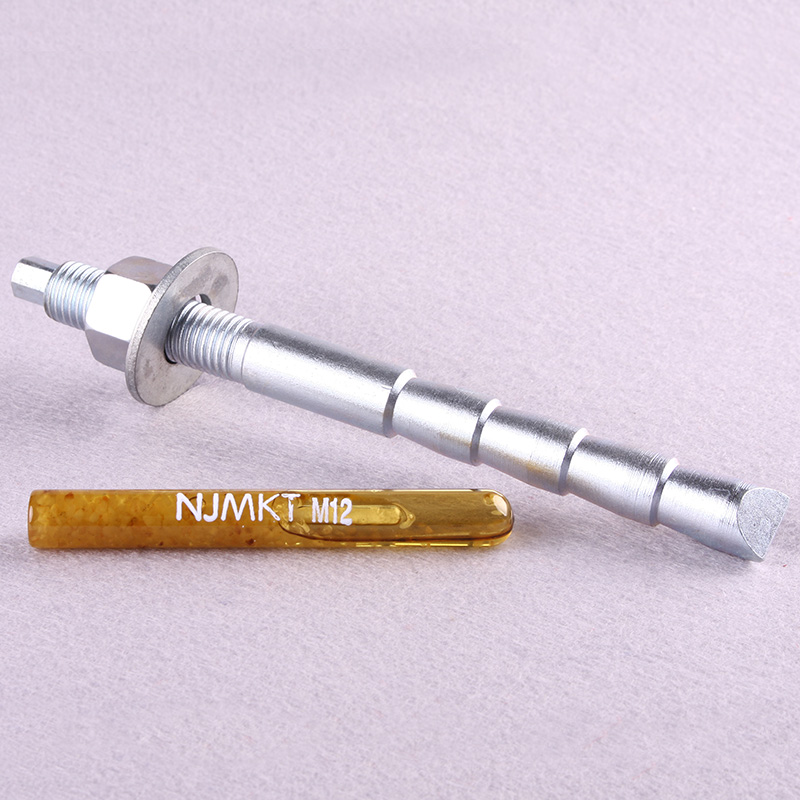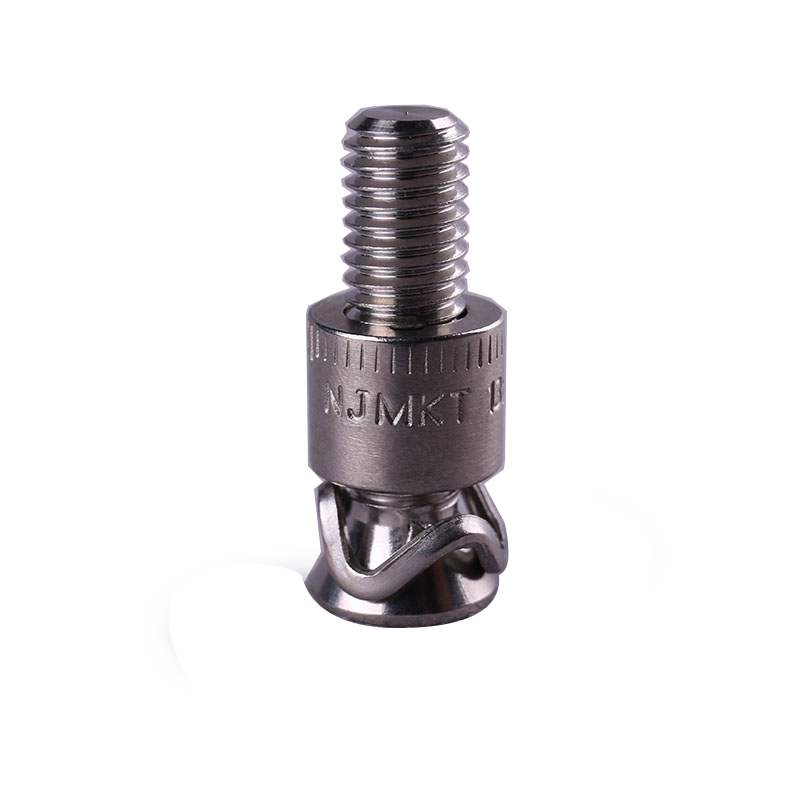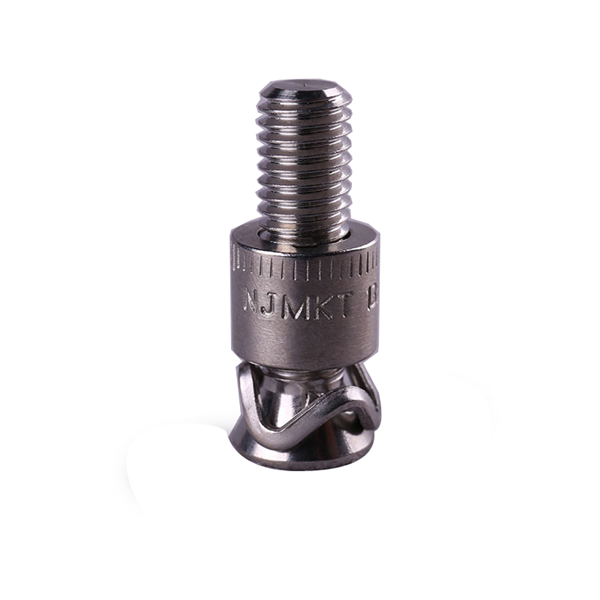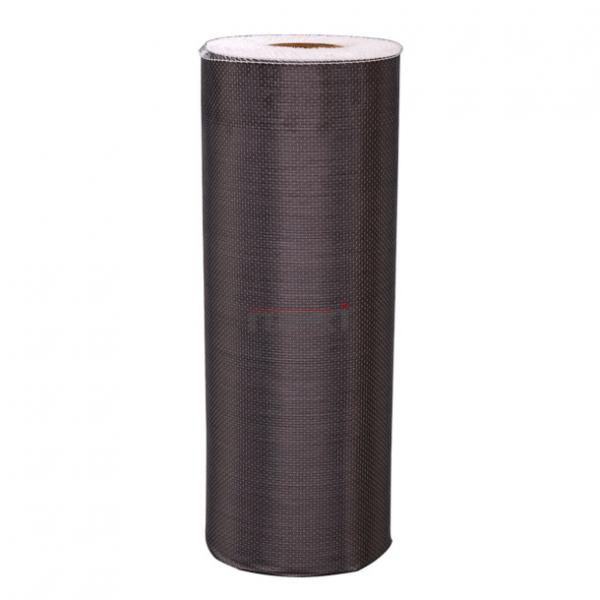Jul. 15, 2017
It is well known that carbon fiber cloth is a kind of very strong reinforcement material. It is widely used in many projects. For example, building reinforcement, roads and bridges reinforcement, etc. Mankate’s carbon fiber cloth is divided into the unidirectional one and bidirectional. So what is the difference between unidirectional cloth and bidirectional cloth? The unidirectional carbon fiber cloth is made of carbon fiber yarns and can provide two different kinds of thickness: 0.111MM (200g) and (300g) for the use of structural components’ tensile, shearing and shock resistance.

Mankate’s carbon fiber unidirectional cloth for reinforcement is produced according to the national standard "GB50367-2006". One direction is composed of the continuous carbon fiber yarns. The other direction is fixed by a special high-strength hot-melting adhesive line. In this way, it can prevent the carbon fiber cloth from becoming loose. So the force direction of unidirectional carbon fiber cloth will point to the direction of continuous carbon fiber yarns.

As the name suggests, the bidirectional carbon fiber cloth contains a lot of roving in both the horizontal and vertical direction. The thickness is much thicker than the unidirectional carbon fiber cloth. In the actual engineering application, we need decide to use unidirectional cloth or bidirectional cloth according to the actual situation of projects. At present, Mankate’s carbon fiber unidirectional cloth has been widely used in the Nanjing Metro Line 3, Cheng Ya Highway, China Aerospace Building, Nanjing Gulou Hospital, the Porcelain Tower of Nanjing and other projects. The bidirectional cloth is used in the petroleum pipeline reinforcement, aerospace, fuselage, rudder, rocket engine shell, missile diffuser, solar panels and so on.
So have you seen here, you should have a general understanding of unidirectional carbon fiber cloth and bidirectional carbon fiber cloth. So in the future practical use, if you have some questions, you can consult Mankate’s editor at any time. 
 Fijaciones químicas
Fijaciones químicas Sistema de anclaje mecánico
Sistema de anclaje mecánico Sistema de Fortalecimiento Compuesto
Sistema de Fortalecimiento Compuesto Adhesivo de Resina Epoxi
Adhesivo de Resina Epoxi Sistema de Anclaje de Adhesivo Epoxi 500
Sistema de Anclaje de Adhesivo Epoxi 500 Sistema de Anclaje de Adhesivo Epoxi 390
Sistema de Anclaje de Adhesivo Epoxi 390 Adhesivo epoxi modificado
Adhesivo epoxi modificado Adhesivo de Fibra de Carbono
Adhesivo de Fibra de Carbono Adhesivo de reparación y nivelación
Adhesivo de reparación y nivelación Adhesivo de unión de acero (proceso seco)
Adhesivo de unión de acero (proceso seco) Adhesivo de Vertiendo de Acero (Proceso Húmedo) (lechada)
Adhesivo de Vertiendo de Acero (Proceso Húmedo) (lechada) Adhesivo de relleno de grietas
Adhesivo de relleno de grietas Adhesivo de Sellado
Adhesivo de Sellado Series de Canales Enterrados
Series de Canales Enterrados Dispositivo de Anclaje Pretensado
Dispositivo de Anclaje Pretensado Anclaje de Panel
Anclaje de Panel

